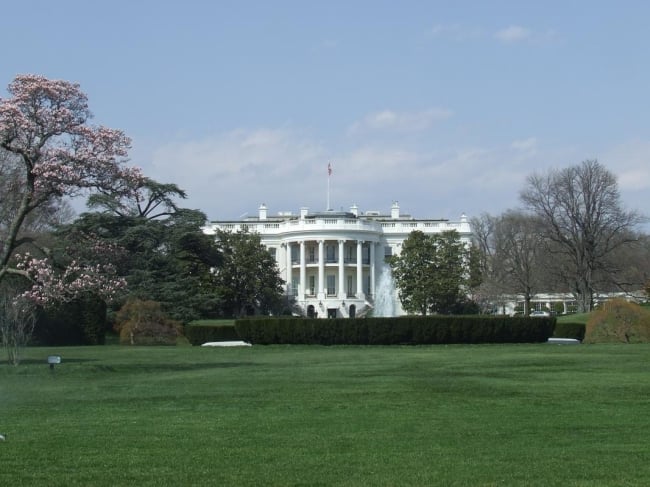You have /5 articles left.
Sign up for a free account or log in.

Getty Images
Nearly three years into his term, President Trump made his first appointments to the White House science advisory committee this week.
The seven individuals named to the panel come mostly from business backgrounds. Just one is a current academic, Birgitta Whaley, a professor of chemistry at the University of California, Berkeley, and a senior faculty scientist at the Lawrence Berkeley National Laboratory.
A press release from the Office of Science and Technology Policy, which houses the advisory committee, promised that other pending nominees to the 16-member panel will include several scholars. Another appointee named this week, Sharon Hrynkow, brings government experience to the panel. Hrynkow, a neurobiologist and chief science officer at a biotech start-up, previously served at the Department of State and the National Institutes of Health's Fogarty International Center.
But the others named this week to the President’s Council of Advisors on Science and Technology indicate a marked change in approach to the science committee from the Obama administration, which stacked the panel with academics. The panel has a broad purview to provide advice on science and technology issues directly to the president. Each administration has shaped the committee to reflect that president's priorities. Under George W. Bush, only one active researcher served on the committee, and it focused in large part on science and technology's role in the war on terror.
The new appointees include Catherine Bessant, the chief technology officer for Bank of America; Dario Gil, director of IBM Research; H. Fisk Johnson III, CEO of S.C. Johnson & Son; Attiganal Sreeram, senior vice president of research at Dow Inc.; and Shane Wall, chief technology officer and global head of HP Labs. Five of the new appointees hold doctoral degrees, including two from the Massachusetts Institute of Technology.
OSTP director Kelvin Droegemeier, a meteorologist and former vice president of research at the University of Oklahoma, will chair the committee.
In 2009, President Obama appointed a panel filled with academics and medical professionals. The notable exceptions were Eric Schmidt, chairman and CEO of Google Inc.; Maxine Savitz, a retired general manager of Technology Partnerships at Honeywell Inc.; and David E. Shaw, the chief scientist at D. E. Shaw Research. Savitz previously served as a top conservation official at the Department of Energy and is the current vice president of the National Academy of Engineering. Shaw is a senior research fellow at Columbia University’s Center for Computational Biology and Bioinformatics and is a member of the American Academy of Arts and Sciences.
Droegemeier’s appointment was widely praised last year by scholars. But scientists and academics have warned of other troubling developments in science and research policy at the Trump administration.
In June, the administration announced it was barring scientists at federal agencies from conducting research using fetal tissue and putting new hurdles up for university-based scientists to pursue work with the tissue. And the White House in July shelved a months-long effort begun at the National Security Council to create a panel that would take an “adversarial” approach to climate science.
Deborah Altenburg, the assistant vice president for research advocacy and policy at the Association of Public and Land-grant Universities, said the group is excited for the White House to restart the science advisory panel. But she said the list of nominees would benefit from the inclusion of a president from a public research university.
“When you look at the federal investment in research, the basic research is being done at universities,” she said. “There's so much basic research policy that OSTP tries to coordinate across agencies. Maybe that voice would be helpful at [the committee] as well."
Alan I. Leshner, interim CEO of the American Association for the Advancement of Science, said in a statement that the group was pleased to see the panel forming. He said the initial list of new appointees to the panel included individuals who have made important contributions to research and innovation.
“Federal advisory committees are an essential means for the government to have access to expert science and technology advice and ideas that reflect a broad spectrum of scientific disciplines,” he said.




